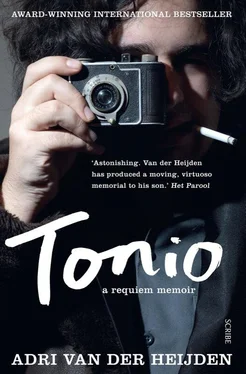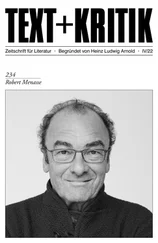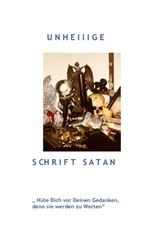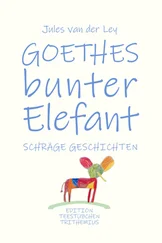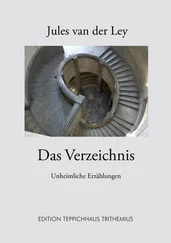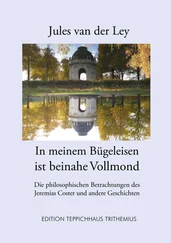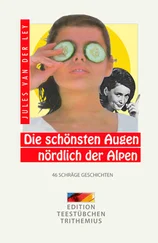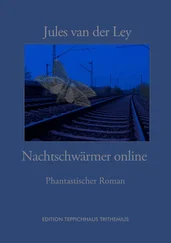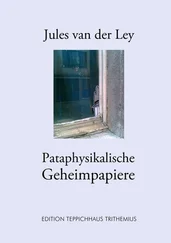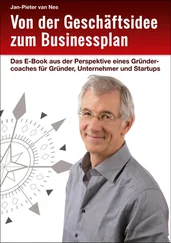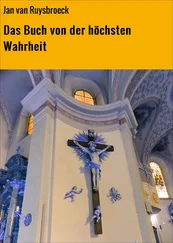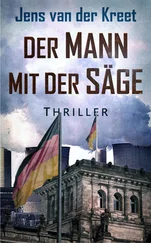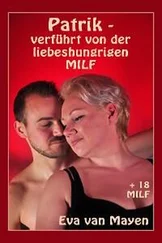I can see no point, unearth no purpose, whatsoever in Tonio’s death. He was on his way home, and felt like a bite to eat on the way, and encountered an unwanted and unintended force in his way, which killed him. The operator of the deadly projectile did not know, until that very moment, that he was operating a deadly projectile. He had left his job, and was driving home with a friend. Silent night, holy night.
Tonio’s death was the result of the collision of two forces. The devastation they were capable of causing, should they meet, was calculable before the fact with scientific probability. The destruction they eventually caused was able to be established, after the fact, with scientific certainty.
Tonio’s death could thus be reduced, in both point and purpose, to a physics formula. Our dismay was all the greater when we realised that our flood of emotions had run up against an ice-cold formula, hard as rock. There is no guarantee that emotions are able, in the long run, to wear away even the hardest stone.
14
In Asbestemming , I described once seeing a statue of St. Sebastian, who in a sort of death-leap is hit by the shower of arrows. They are thick, cast-iron arrows, and they pierce St. Sebastian’s trunk according to a very precise geometrical pattern: as though a square harrow had been rammed in its entirety straight through the martyr’s chest from behind.
Tonio, your fatal accident will continually pierce me in the same way for the rest of my days. My God, you dear boy, why did this have to happen? Why, goddamn it, did everything have to be ruined — you, us, the future, everything?
Sometimes, to put it bluntly, I’m pretty pissed off at you. A bit earlier homeward, a few less beers, a light on your bike, look before you cross … and it wouldn’t have happened. You little bastard. You told Jenny on Facebook that Saturday you were still ‘beat’ from the previous night. Beat — your favourite term for hung over. Doesn’t that give you the responsibility to get a good night’s sleep for once? You three wanted to ‘paint the town red’, as Goscha put it. Well, you did paint it red — with your own blood, you fool.
Why this? Why this irrevocable death, which nothing can correct? Goddamn it, Tonio, I was prepared to face every problem with you, no matter how terrible. Your worst misery would still have been a formidable adversary for me. I would have fought down to my last drops of sweat and blood to find a solution. Anything for you.
The problem is: your death isn’t a problem, because there is no solution — even one that doesn’t stand a chance.
15
No, I blame myself . I do not reproach you, in your groundwater-deep, breathless sleep. Your stillness is one massive indictment of myself, even without you wanting it so, because you can no longer want. Your death speaks the truth about my failure. Your death is the sum total of my negligence. There is always the possibility that your death was the result of that one act of negligence — which one, I don’t know, and that only makes it worse.
Your whole childhood long, I regaled you with signs of attention, large and small; caring gestures; soothing words. These, however, do not hold up against the all-pervasive sensation, in retrospect, of guilt and negligence. If I wasn’t able to create for you a situation allowing for a safe nighttime cycle route from De Pijp to De Baarsjes, then I should at least have been there, halfway, to throw myself in front of the enemy vehicle and force it to stop. A persistently gurgling stomach on its own does not offer much resistance.
I acknowledge my defeat, which cannot be parried, not even into eternity.
16
Sundays are Miriam’s darkest days. The pain is at its worst — partly because the huge loss happened on Whit Sunday, of course, but also because if Tonio dropped by, he usually did so on that day. This afternoon, some three months after the accident, she rang me in a panic.
‘There’s a trauma helicopter above the Hobbemastraat.’
This morning, she got up at five and worked until nine-thirty, after which she fell into a deep sleep in bed with a book in her hand, until noon. Just now, she woke up from a pitch-black dream to the pulse of the rotors.
The telephone pressed to my ear, I opened the streetside window of my workroom. If I bent far enough outside, I could indeed see a yellow helicopter with red-blue stripes off to the north-east, hovering approximately above the Rijksmuseum, whose position was marked by the asymmetrical cross of a building crane. It did not rise or descend, did not circle; it just hovered motionlessly like a bird of prey. against the steely-blue sky — at most, swaying gently.
‘If you need some company …’ I said. A few seconds later, she was upstairs. I was still leaning out of the window. The helicopter swung in our direction now, slower than a police chopper, banked steeply to the west, and then returned to its initial position above the Rijksmuseum, staying there for a time, again like a bird of prey.
‘A stand-by, I reckon. He’s waiting for instructions. There’ll be an ambulance down at the scene.’
I comforted Miriam with the thought that even if it had been allowed to fly at night, a trauma helicopter wouldn’t have saved Tonio. ‘He was in good hands. An extra ambulance with a trauma team replaced the helicopter. The kid just didn’t stand a chance.’
No, that wasn’t it. The sound of the propellers had roused her, and then she saw the chopper hovering above The Spot, as though someone was trying to rub it in that the nightmare was for real, even after she’d woken up. ‘I’m okay now.’
Later, when I went downstairs, Miriam was sitting uncomfortably on the sofa, with one leg tucked up and her head leaning back. Red-rimmed eyes staring into nothingness. ‘I miss him so much,’ she kept repeating in a whisper. Her head rolled slowly back and forth over the back of the sofa, in a sort of resigned denial. ‘I miss him so terribly … it’s just inconceivable …’
At moments like these, I had no answer other than to hold her cold hand until it warmed up and she pulled it away because I squeezed it too tightly.
17
My self-recrimination is not limited to Tonio’s gruesome end. I have also brought this on Miriam. I robbed her of her youth on her twentieth birthday, a bottle of whisky under my arm. Later, I saddled her with a child, which put paid to her childhood once and for all.
I not only saddled her with a child, I also saddled her with death. I had sworn to her I would protect that child with my life, if need be with my dead body. I was not able to honour my promise. The boy slipped through my fingers.
Her life as a girl is finished, and her life as a mother is finished. It is a miracle that she wants to continue her life with me as my wife.
18
A Sinterklaas celebration at Arti. Finally — you were almost the last one — Santa called you up to the stage. You’d hardly made it there before launching into a little dance on the red carpeting, turning your back on the good saint as you skipped in a circle. Your dance was loony and stiff, hands flapping and rotating like miniature propellers. Your eyes sought me out. I was sitting at the bar.
‘Gotta poop,’ you called out to me. To salvage the situation as best you could, you made an idiotic face. Sinterklaas looked on, flabbergasted. I have seldom loved you as much as at that moment.
I asked Ria the bartender for the wooden stick with the key, and yanked you from the stage.
There is no doubt that I loved him, from the first to the last day. As often as I said it to my mother (‘I love that boy’), or silently to myself, it was mostly an unspoken, matter-of-fact love. No proof necessary. (I sometimes dreamt of a God who would command me to sacrifice my son to Him. I was prepared to believe in such a God, but only in order to make a fool of Him by sparing Tonio.)
Читать дальше
